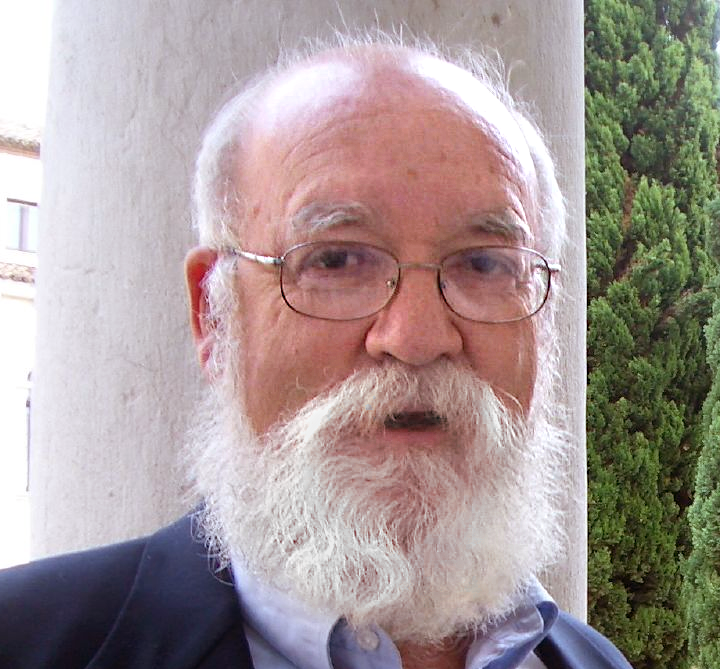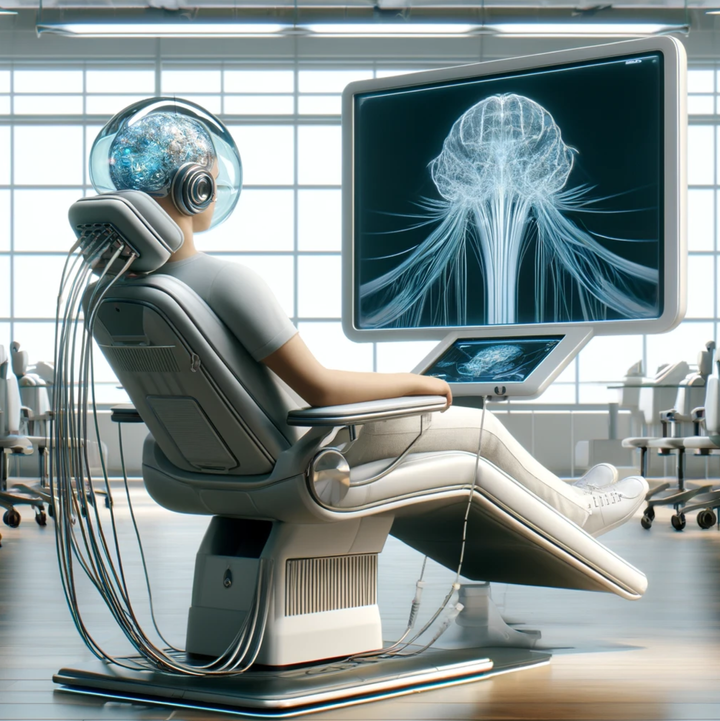Can lab-grown brains become conscious?

In the News: Several scientific studies are making people wonder if tiny balls of cells or brains outside of bodies could have feelings or awareness, and how scientists could figure out if they do.
Creating mini-brains: Alysson Muotri's research team develops tiny human brain replicas, or organoids, for a variety of experiments, ranging from robotic interaction to exposure to zero-gravity conditions. These organoids exhibit patterns of activity similar to premature human brains, sparking ethical considerations around their creation and usage.
Breathing life into pig brains: A different approach taken by a team at Yale involves revitalizing pig brains using a cocktail of chemicals. This experiment has stirred debate among scientists and ethicists over its moral and ethical implications.
Need for regulation: As advancements continue, researchers are pushing for standardized guidelines to ensure the ethical handling of brain organoids and any experiments that might lead to consciousness. However, one of the challenges is the lack of a consensus on defining and measuring consciousness.
Understanding consciousness: Several theories attempt to define consciousness. One such theory proposes that consciousness grows as more neurons interact, while others suggest the need for sensory input or synchronized electrical activity across various brain regions.
Probing the possibility of conscious organoids: In 2019, a fascinating experiment saw human brain organoids linked to a mouse spinal cord, leading to spontaneous muscle movements. Despite most researchers believing that organoids lack the complexity for consciousness, there are some who acknowledge the possibility.
Consciousness, ethics, and oversight: As the exploration of consciousness in organoids continues, scientists tread carefully, seeking guidance from ethical bodies like the NIH. The discussion over the potential advantages and disadvantages of creating conscious entities in a lab is ongoing.
Aiming for medical breakthroughs: Muotri's objective is to develop organoids that closely resemble human brains to investigate various disorders and discover new treatments. To achieve this, he might need to create a conscious organoid. Some argue that testing could continue using mouse stem cell-based organoids or conventional animal models. Muotri, however, believes working with a human organoid isn't fundamentally different from working with a lab mouse.
Current status: The possibility of lab-grown brains gaining consciousness remains unresolved and debated, with the methodologies provoking ethical questions.


